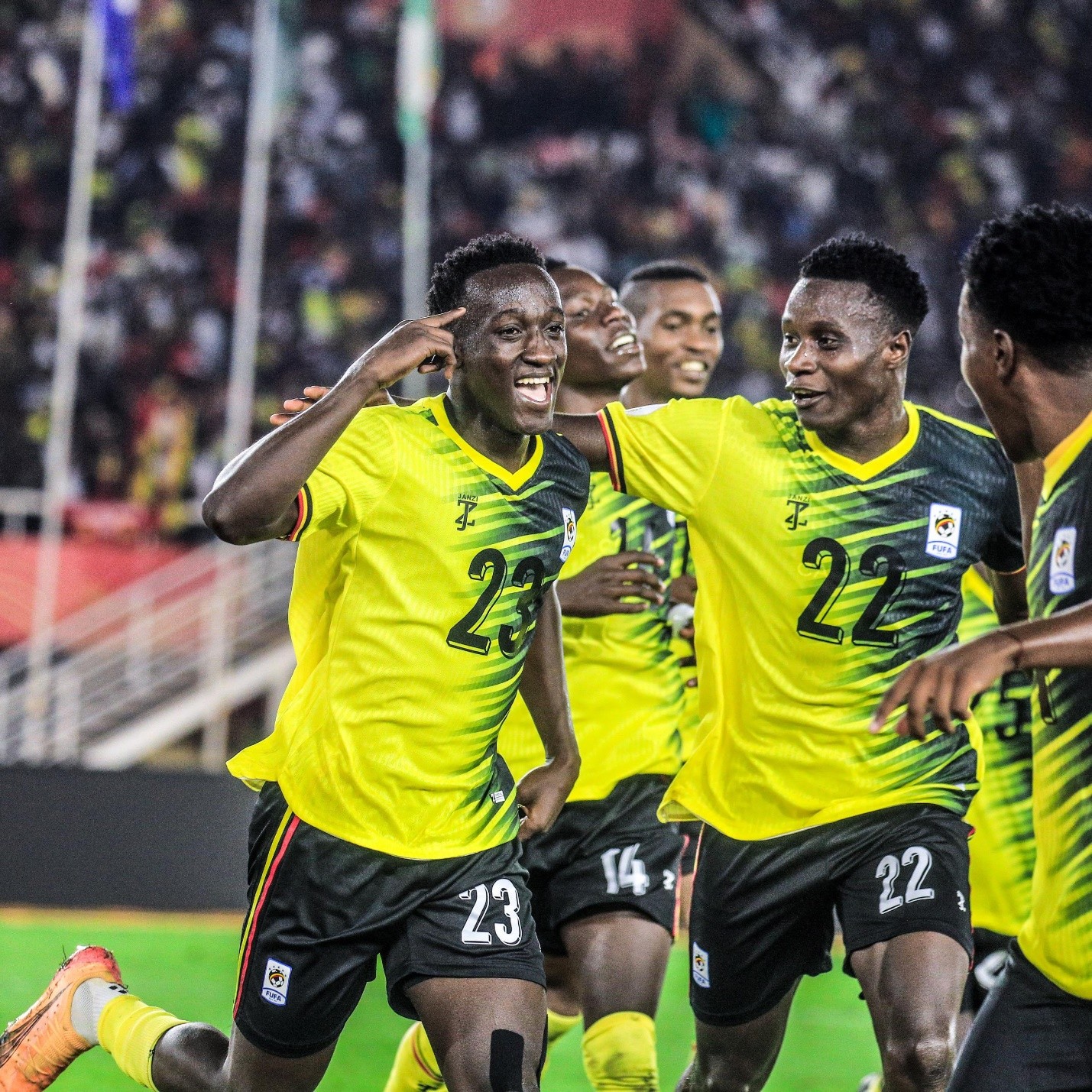By Caroline.N
Uganda is on the verge of making history as it prepares for its long-awaited debut at the FIFA World Cup, a milestone that promises to redefine the country’s football landscape and inspire a new generation of athletes. For decades, Uganda has been known for its passionate football culture, but international success has remained elusive. Now, the national team, the Cranes, stand on the brink of a remarkable breakthrough after an impressive qualification campaign.
Since joining FIFA in 1960, Uganda’s national team has been a consistent presence in regional tournaments such as the CECAFA Cup and the Africa Cup of Nations, yet a place at the World Cup has always been beyond reach. The Cranes’ recent performances, led by their head coach and a mix of homegrown and international-based talent, have given the team a fresh identity defined by resilience, discipline, and teamwork. Their qualification campaign included notable victories against established African football powerhouses, signalling that Uganda is emerging as a competitive force on the continent.
Football in Uganda extends beyond the pitch, serving as a shared national passion that unites people across ethnic, social, and political lines. Streets in Kampala, Gulu, Mbarara, and Jinja are known to erupt with excitement whenever the Cranes play. The upcoming World Cup represents not only a sporting achievement but also a unifying national moment that embodies progress, hope, and the realisation of long-held dreams. Government officials and sports authorities have hailed the milestone as a turning point for Ugandan sports. The Minister of Sports described the qualification as “a historic achievement that puts Uganda on the global sporting map and showcases our potential as a footballing nation.”
The Cranes’ success is also a reflection of investments in sports infrastructure and youth development over the past decade. Initiatives to improve training facilities, enhance coaching standards, and support grassroots football programs have strengthened the nation’s football ecosystem. The FUFA Technical Centre in Njeru, for instance, has become a hub for nurturing young talent, many of whom now represent the national team. Private sponsors have contributed to the team’s preparation through funding, equipment, and other resources, highlighting a collaborative effort between government, corporate partners, and football authorities to ensure sustainable growth in the sport.
Uganda’s World Cup debut is expected to deliver significant economic and social benefits. Tourism and hospitality sectors anticipate increased international attention, while local businesses prepare for a boost in activity as global football fans turn their eyes to the country. Analysts also predict that the achievement will encourage greater participation in sports among Ugandan youth, promoting fitness, discipline, and community engagement.
As the Cranes prepare to face some of the world’s top footballing nations, expectations are high, but the team remains focused on representing the country with pride. Their objective is not merely to participate but to demonstrate that African football’s next big story can come from East Africa. Regardless of how far they advance in the tournament, Uganda’s World Cup appearance will be remembered as a defining moment that celebrates perseverance, unity, and the belief that even smaller nations can achieve global recognition when talent meets opportunity.
As the countdown to kickoff begins, Ugandans across the country are gearing up to cheer and celebrate, ready to witness a historic chapter in their sporting history. The Cranes have moved from regional contenders to global ambassadors of hope and national pride.


